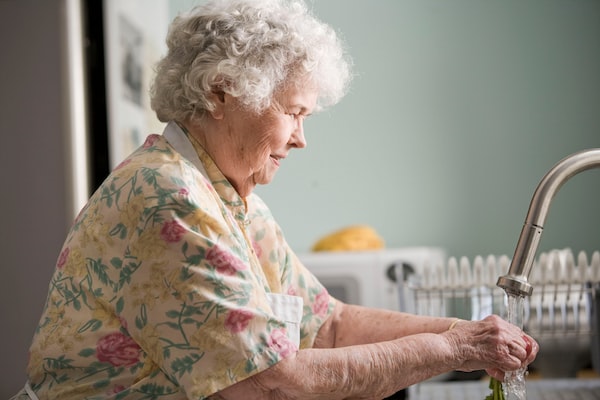Assisting a loved one with Alzheimer’s disease can be a challenging and emotional experience. The disease progresses slowly and can have a significant impact on the life of both the person with Alzheimer’s and their family members. While it may not be possible to cure Alzheimer’s disease, there are various ways to manage the symptoms and make life more comfortable for the person living with the disease. As a caregiver, it’s crucial to do everything you can for a loved one with Alzheimer’s disease because it can help them maintain a better quality of life. However, many people find they don’t know what to do or where to start. Fortunately, there are resources to provide assistance. If you want to learn more, keep reading for some useful tips on caring for a loved one with Alzheimer’s.
What are some tips for caring for a loved one with Alzheimer’s?
One of the best resources for families dealing with Alzheimer’s is an Alzheimer’s association. They provide education and assistance to families and caregivers of individuals diagnosed with Alzheimer’s. They typically offer information on educational programs, support groups, and more that you can peruse and use to your advantage when deciding how to proceed. There’s no doubt that it can be overwhelming or that there is a lot to learn when you have a loved one receive an Alzheimer’s diagnosis, but it is critical to know that you aren’t alone and there are organizations that can help.
Another tip is to ensure the safety of your loved one. Installing grab bars in the bathroom can prevent falls, while handrails on stairs can provide additional support and stability. A simple solution like placing non-slip mats on slippery floors can reduce the chances of a fall. Adding brighter lighting can also help those with Alzheimer’s to see more clearly, making it easier for them to move around without any fear of tripping or bumping into anything. A contractor can work with you to choose the right home modifications for their property.
The daily routines of a person living with Alzheimer’s can become increasingly complex and overwhelming for both the individual and their caregiver. Simplifying these routines is an important part of providing effective care. By breaking down activities into smaller, more manageable tasks, it becomes easier to keep track of each step in the routine. This will reduce stress and confusion for everyone involved, as well as support better health outcomes.
How is Alzheimer’s disease diagnosed and treated?

Early detection and accurate diagnosis are essential for the management and treatment of the disease. The process of diagnosing Alzheimer’s disease typically involves a medical evaluation, including medical history, neurological and physical exams, and imaging studies. Doctors will assess the patient’s cognitive function, including their memory, language, attention, and problem-solving abilities. They may also perform blood tests and brain imaging studies, such as computed tomography (CT) or magnetic resonance imaging (MRI).
Once a diagnosis of Alzheimer’s disease has been established, the focus shifts to treatment options. Currently, there is no cure for Alzheimer’s disease, and treatment primarily involves managing symptoms and slowing the disease’s progression. Medications, such as cholinesterase inhibitors and memantine, can improve cognitive function and manage symptoms such as anxiety and depression. Lifestyle changes, such as a healthy diet, regular exercise, and social engagement, may also slow the progression of the disease and improve the quality of life.
Overall, providing care for a loved one with Alzheimer’s is a rewarding yet challenging experience. You have to understand the needs of the person, create a safe and comfortable environment for them, and provide support and patience throughout the journey. Providing care for a loved one with Alzheimer’s is a complex and often difficult task, but can be a rewarding experience when done with patience and understanding. If you follow the tips in this article, then you will be able to provide the best possible care for anyone in your life who has been diagnosed with Alzheimer’s disease.
Related Posts












